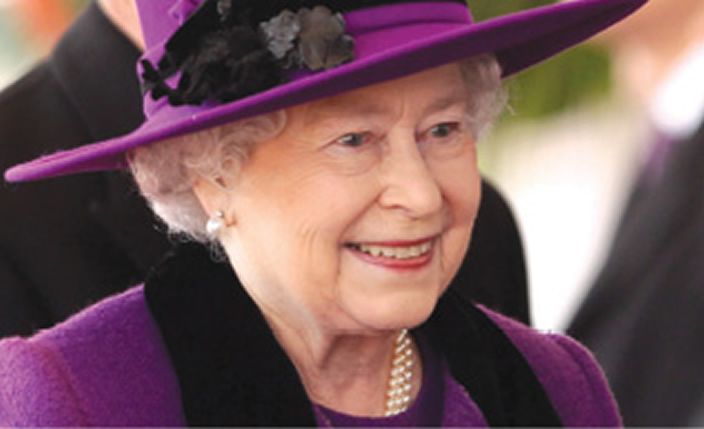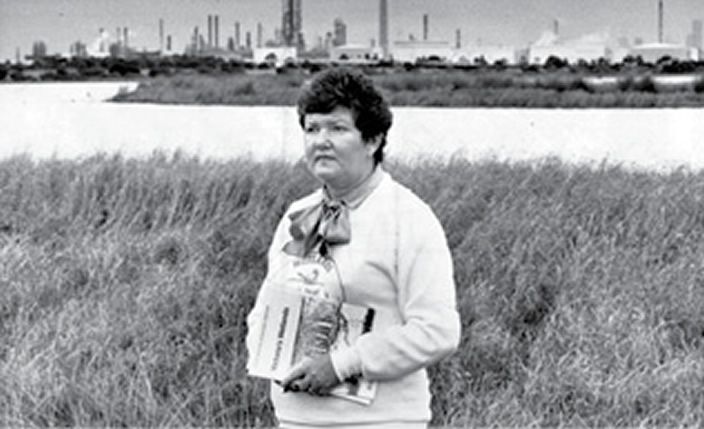
Paid domestic violence leave
Tasmanian bootmaker Blundstone is encouraging other businesses to follow its lead and offer employees paid family violence leave.
From July, the company will give its 90 workers in Australia and New Zealand 10 days a year of paid leave if they experience family violence. Leave will also be available for people who are caring for family violence victims but do not directly experience it themselves.
Blundstone’s chief executive Steve Gunn believes family violence leave should become a universal entitlement, and businesses should take the initiative to offer it without being forced to by law.
“This is a massive societal problem, so we need to be doing whatever we can to highlight it, and to do our best to help people who are affected by it and hopefully reduce its incidence,” he said. (Source: ABC)





































































































































